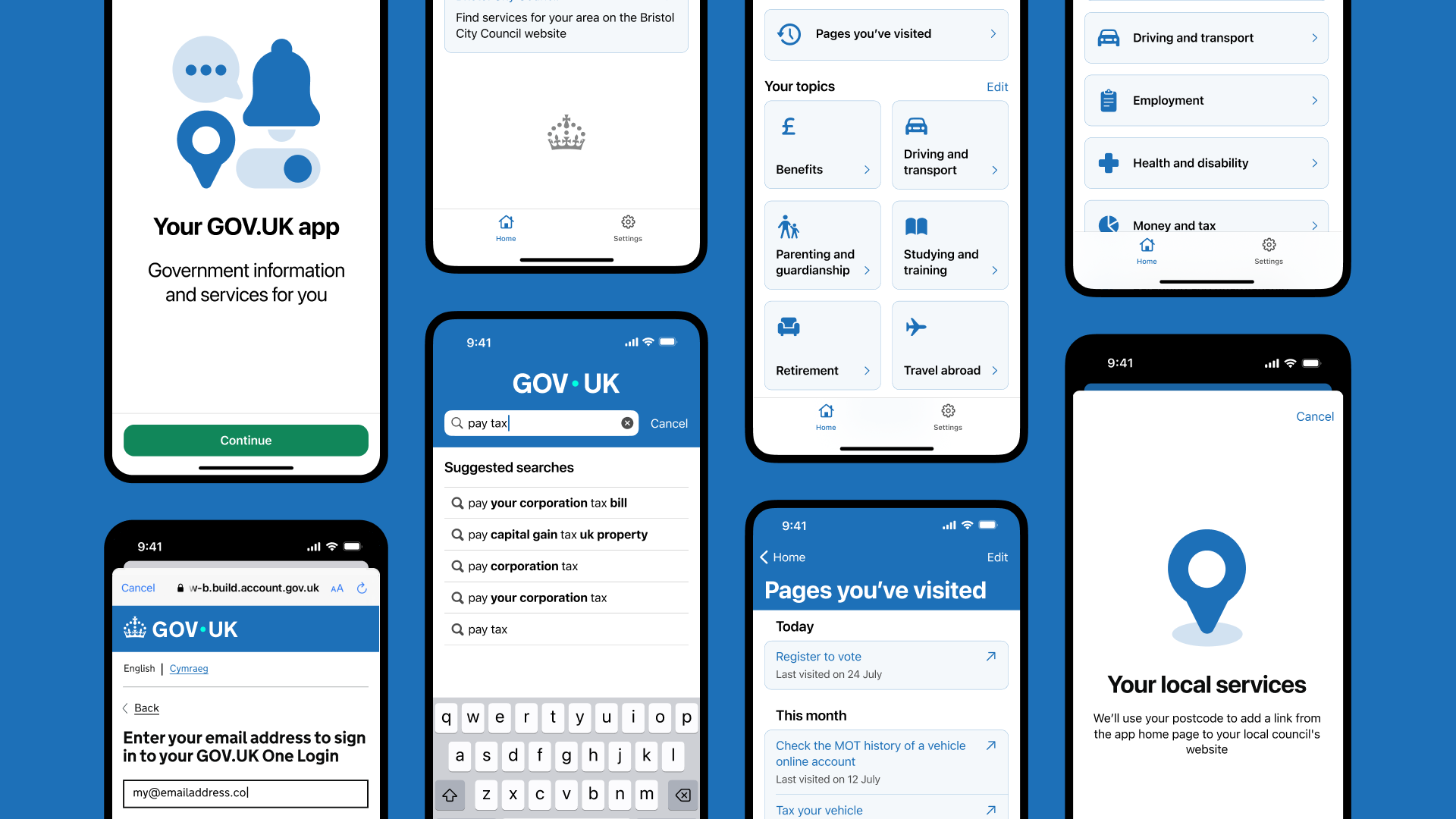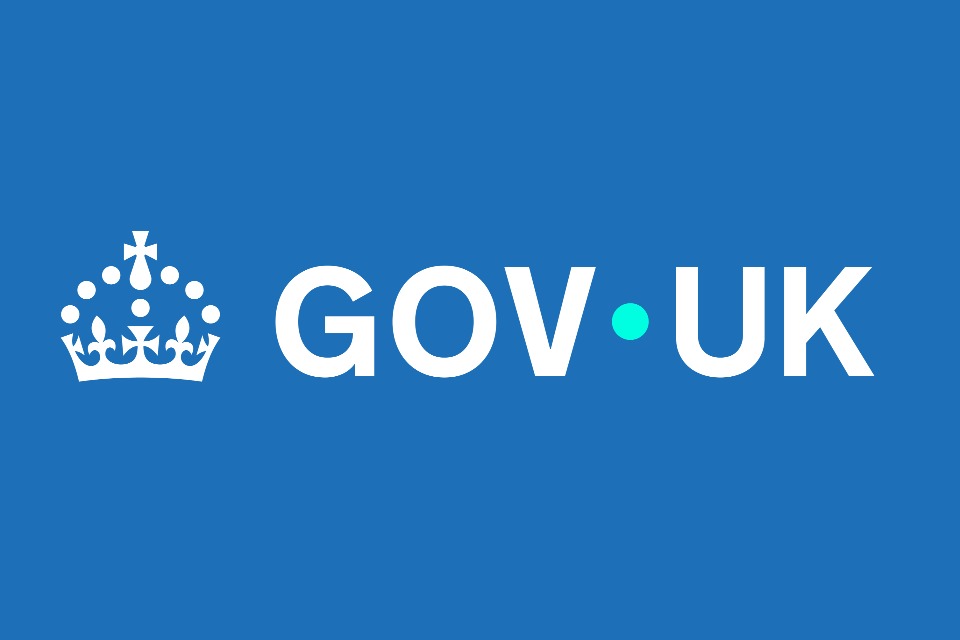Government conducts ‘feasibility trial’ for new technologies
Credit: Pixabay
The Home Office has outlined its long-term intent to adopt a system through which visitors to the UK can remotely upload images and fingerprint scans to enable forensic identity checks to be undertaken by immigration authorities.
The department is shortly to conduct “feasibility trials” of platforms that would allow for “biometric self-enrolment” before travel to the UK. These tests aim to “evaluate how effectively these novel solutions can capture biometrics and help… improve the biometric processes we use for immigration applications”.
“The long-term aim is that all visitors and migrants to the UK will provide their biometric facial images and fingerprints under a single global immigration system,” the department said, in a privacy information notice for trial participants. “To maximise customer convenience and security, we will increasingly look to provide capabilities for biometric self-enrolment, integrated within digital application processes for immigration products.”
Since the UK completed its exit from the European Union, the government has signalled its intent to introduce an Electronic Travel Authorisation (ETA) for use by all visitors to the UK who do not possess a visa or immigration status. This will, for the first time, include arrivals from 26 EU member states – although Irish citizens can still travel to this country freely.
Related content
- Home Office admits some immigration data ‘only held on paper’
- Settled status: NHS, and government systems can cross-check records to reduce burden on digitally excluded, minister claims
- EU citizens can still access digital status on expired passports, says immigration minister
Similar in style to the ESTA digital visa-waiver programme in operation in the US, the ETA programme is expected to require the collection of personal data – including biometric information – from 30 million people a year.
According to the Nationality and Borders Bill, which was put before parliament in July and is currently undergoing scrutiny by committee, airlines and passenger shipping lines will be responsible for ensuring travellers have been granted an ETA, where necessary; carriers that fail to do so may face “civil penalties”, the bill says.
The government recently indicated that it will imminently introduce secondary legislation to enable the legal implementation of the digital visa scheme.
The privacy notice for the self-enrolment trials explains that personal data gathered via the trials will be used on the legal basis of consent, where people have agreed to take part in the programme.
For those that do, much of their information may be shared with one or more of 17 suppliers and nine further sub-suppliers.
“However, to access the trial data following the trials, suppliers must request permission from the Home Office and clearly define their use cases,” the notice said. “The use cases have been restricted to troubleshooting or improving their technology. If successful in their application to access the data, the technology suppliers will have access to the data for up to 12 immediate months following the feasibility trials, at which point the data must be deleted.”
The Home Office itself will keep participants’ data on file for up to six years.
“The Home Office will store your data in a secure stand-alone environment with strict security procedures in place,” it said. “All participating suppliers have signed a legally enforceable non-disclosure agreement with the Home Office and completed checks to make sure that your personal data will be processed securely on their systems.”
The suppliers taking part in the trials are: Blue Biometrics; FaceTec; Gambit; GBG; Idemia; Northgate Public Services; Regula Forensics; Spidx; T Stamp; Teleperformance Contact; Thales; Unisys; Veridium; VFS Global; Deloitte; Ingenium Biometric Laboratories; and Forensic Science Services.
The sub-suppliers are: IDR&D; InnoValor; VisionBox; NEC National Security Systems; Speed Identity; Aware; DXC; TECH5; and Griaule.



